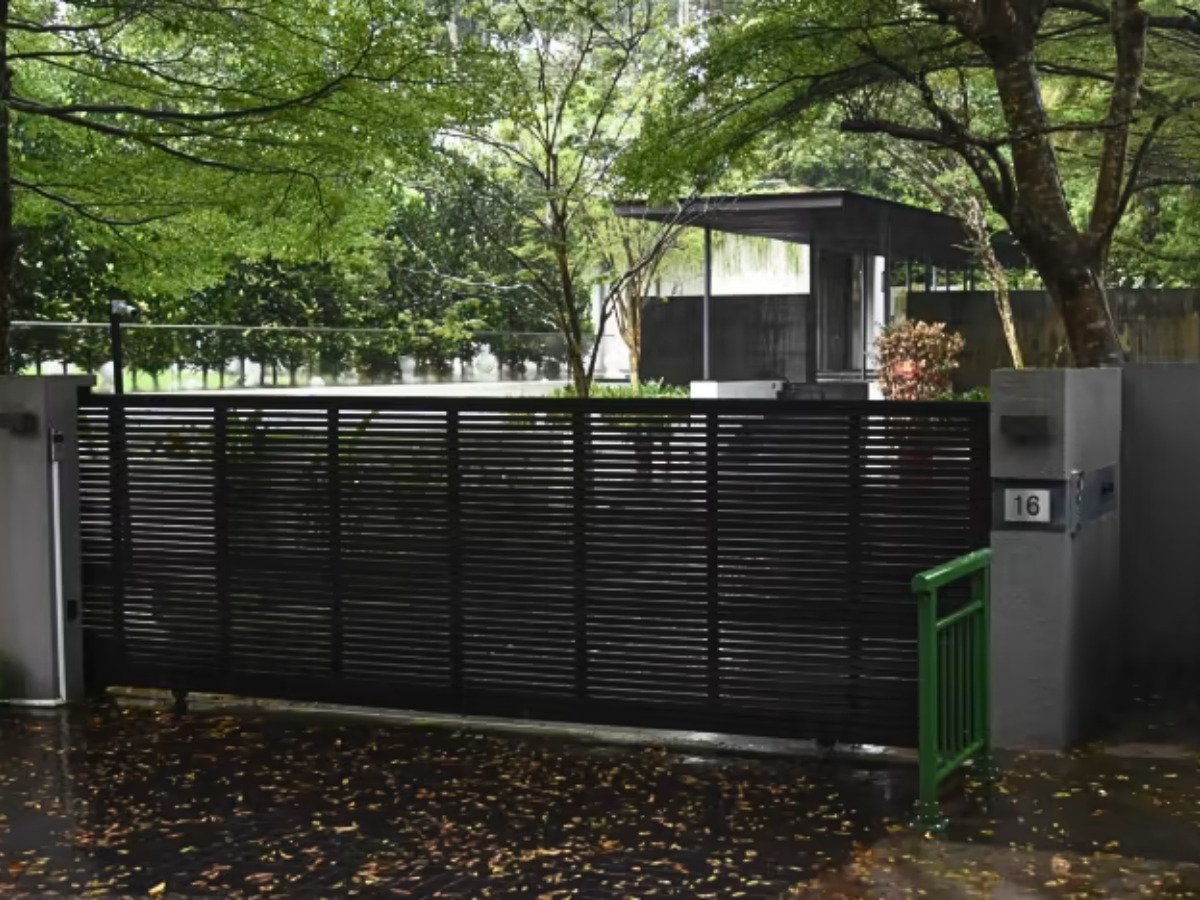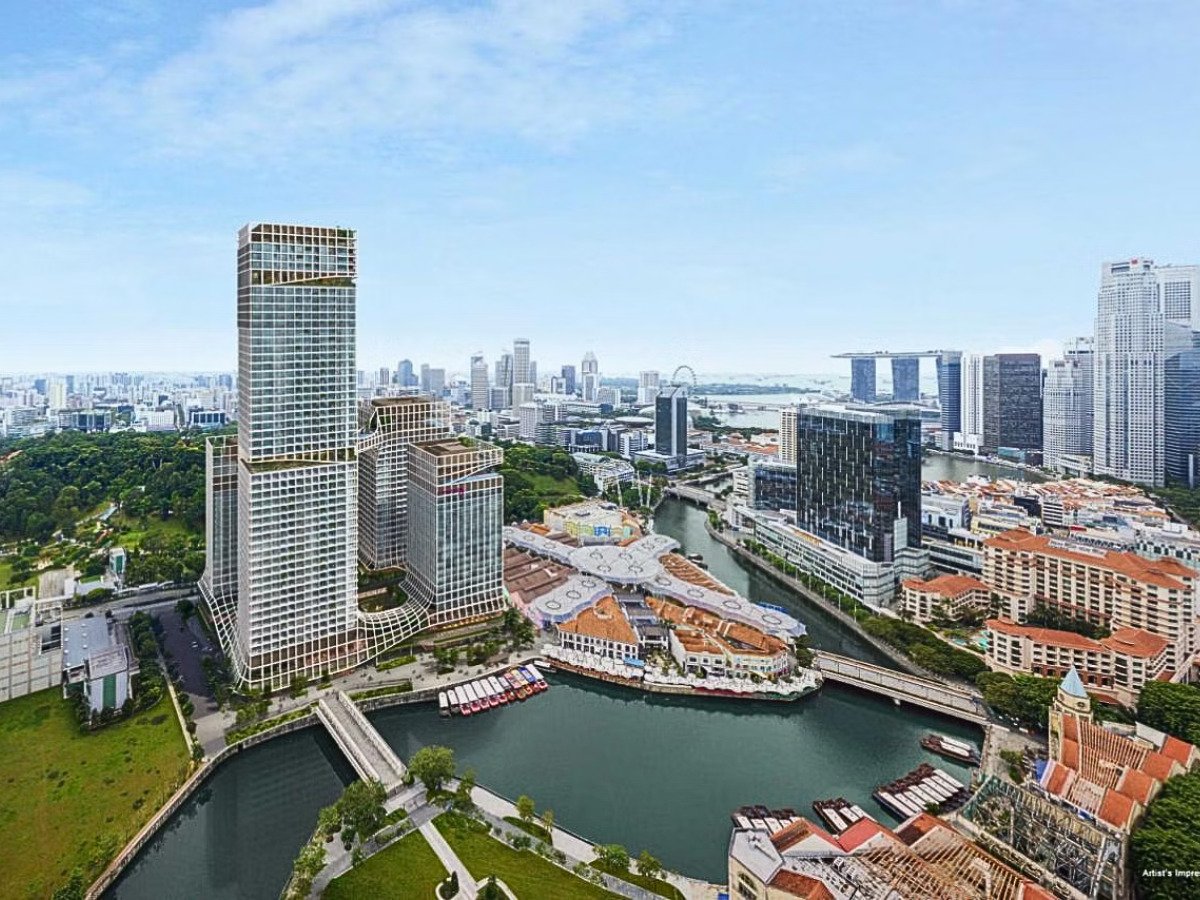Image credit: Canninghill Pier, Singapore Police Force (SPF)
In a shocking turn of events that has sent ripples throughout Singapore, a colossal 1.8 billion-dollar money laundering case has recently come to light.
In this article, we’ll explore the key details of the case, the response from relevant authorities, and its impact on real estate.

The 1.8 Billion-dollar money laundering case – What unfolded
On August 15th, Singapore witnessed an unprecedented islandwide anti-money laundering operation. Ten suspects were arrested in what’s being described as Singapore’s largest money laundering probe to date.
The suspects, including Turkish national Vang Shuiming, face charges ranging from forgery to possessing criminal benefits worth S$2.4 million. Astonishingly, the authorities have seized a billion dollars’ worth of assets. This includes luxury cars, houses, gold bars, jewelry, luxury watches, and substantial cash reserves.
Vang Shuiming’s affidavit, presented on September 5th, unveiled assets including 11 condominium units, four properties, and three vehicles worth approximately S$29 million. His total assets in Singapore exceed S$200 million, with over S$962,000 in cash discovered during a police raid at his Good Class Bungalow (GCB) residence.
Of the ten arrested, seven are former Chinese nationals who now hold citizenship in other countries, some with multiple passports. The remaining three are Chinese nationals with passports from other nations.
The money laundering web extends to 105 properties valued at around S$831 million, encompassing Sentosa Cove bungalows, ten units in Canninghill Piers, and commercial spaces. In subsequent court hearings, it was revealed that suspects include spouses and relatives of the primary accused.
Authorities continue to investigate the suspects’ assets and businesses.

CEA’s proactive response
In response to this unprecedented crisis, the Council for Estate Agencies (CEA), in collaboration with industry insiders, has mandated stringent measures for real estate agents.
Real estate agents are now required to adhere to a due diligence checklist, which incorporates a list of “suspicious indicators,” encompassing client behaviour. Additionally, clients’ details are also cross-referenced with international databases.
Real estate agents must meticulously identify and verify the identity of their clients while assessing the risk of potential involvement in money laundering activities. They are obliged by law to retain records of these due diligence measures for a minimum of five years.
Equally, agents are mandated to report any suspicious transactions or activities to the Commercial Affairs Department.
Failure to comply with these requirements could result in fines of up to S$100,000 per case for property agents. Property agencies could face fines of up to S$200,000 per case. Additionally, non-compliance may lead to the potential suspension or revocation of a property agency’s license or an agent’s registration.
Read also: Lessons from the GCBs money-laundering raid: 5 red flags in potential tenants landlords should know

Impact on affected luxury condos and Good Class Bungalows (GCB)
The billion-dollar money laundering case’s effects reach beyond the legal realm. It could notably impact the real estate market, particularly properties like luxury condos in Canninghill Piers and the illustrious GCBs.
Decreased demand
The association between the money laundering case and properties within the neighbourhood or condo could lead to decreased demand. Prospective buyers may exhibit hesitance in acquiring properties associated with illegal activities.
Damage to reputation
The negative publicity surrounding the money laundering case may tarnish the reputation of the affected condo, casting it as a locale for criminal activities such as money laundering. This could lead to increased difficulties in selling properties within the condo and potentially lower rental and sale prices.
Lower property prices
Diminished demand for properties within the neighbourhood or condo may trigger lower property prices. Property owners might find it necessary to reduce their prices to attract buyers, potentially decreasing property values.
Stalled sales
The ongoing investigation into the money laundering case could lead to stalled property sales, as potential buyers may be reluctant to invest in properties connected to an ongoing legal process. Seized properties may be difficult to sell, impacting local property prices.
Increased scrutiny of property transactions
Furthermore, authorities may intensify their scrutiny of property transactions in the affected areas in their quest to trace any additional assets linked to the money laundering scheme. Consequently, this could result in more prolonged and complex property transactions, potentially dissuading prospective buyers.
It’s crucial to acknowledge that the actual impact of the money laundering case on the property market hinges on several factors, including the case’s outcome, public sentiment, and governmental actions.
Nevertheless, it is undeniable that this billion-dollar money laundering case poses a substantial challenge to Singapore’s property market. All stakeholders, including buyers and sellers, should maintain vigilance as events continue to transpire.
Wrapping up
The billion-dollar money laundering case that has gripped Singapore is a sobering reminder of the profound consequences of financial crimes. As investigations persist and legal proceedings unfold, the real estate sector, particularly luxury condos and GCBs, remains under scrutiny.
While the full extent of the impact on the property market remains uncertain, stakeholders must exercise caution and remain informed. The CEA has proactively implemented measures to safeguard the industry against illicit activities.
In these challenging times, the real estate community and potential buyers must stay vigilant and uphold due diligence in property transactions.
The post The billion-dollar money laundering case & the properties in its wake appeared first on .


